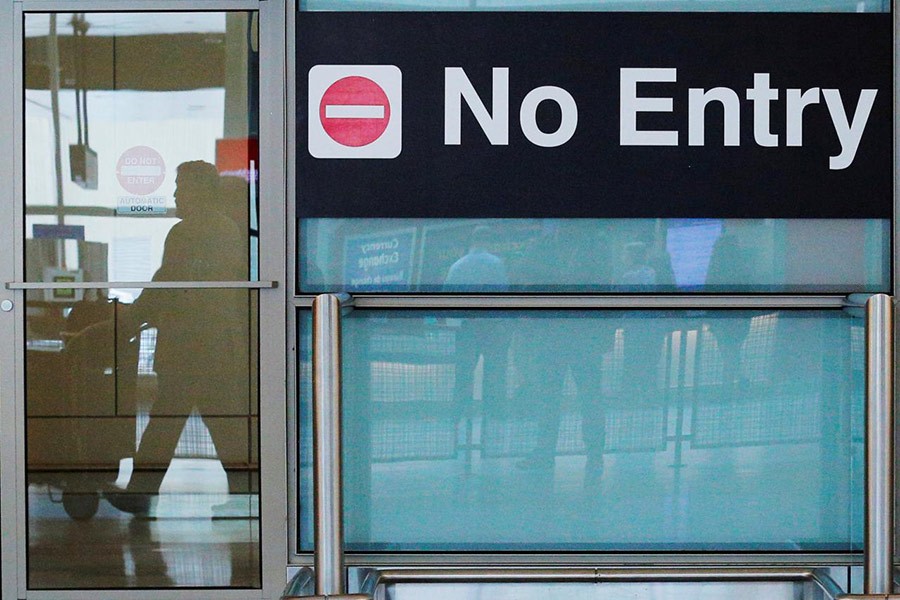The US Supreme Court has ruled President Donald Trump's travel ban on six mainly Muslim countries can go into full effect, pending legal challenges.
The decision is a boost for Trump's policy against travellers from Chad, Iran, Libya, Somalia, Syria, and Yemen.
The ruling covers the third version of the directive that the president has issued since taking office.
Seven of the nine justices lifted injunctions on Monday imposed by lower courts against the policy, the BBC reports.
Only liberal Justices Ruth Bader Ginsburg and Sonia Sotomayor would have allowed the president's order to remain blocked.
What happens next?
Federal appeals courts in San Francisco, California, and Richmond, Virginia, will hear arguments this week on whether the latest iteration of the policy is lawful.
The Supreme Court noted it expects those courts to reach decisions "with appropriate dispatch".
The case will eventually end up back in the Supreme Court.
Monday's decision suggests America's top judicial body may ultimately rule in favour of the administration, say legal analysts.
David Levine, a University of California Hastings law school professor, told the Associated Press news agency: "It suggests that from their understanding, the government is more likely to prevail on the merits than we might have thought."
What's the reaction?
White House spokesman Hogan Gidley said the White House was "not surprised" by the Supreme Court's decision.
US Attorney General Jeff Sessions called the ruling "a substantial victory for the safety and security of the American people".
But the American Civil Liberties Union (ACLU) said the president's retweeting of British far-right videos last week showed his discrimination against Islam.
"President Trump's anti-Muslim prejudice is no secret - he has repeatedly confirmed it, including just last week on Twitter," ACLU lawyer Omar Jadwat said.
"It's unfortunate that the full ban can move forward for now, but this order does not address the merits of our claims."


